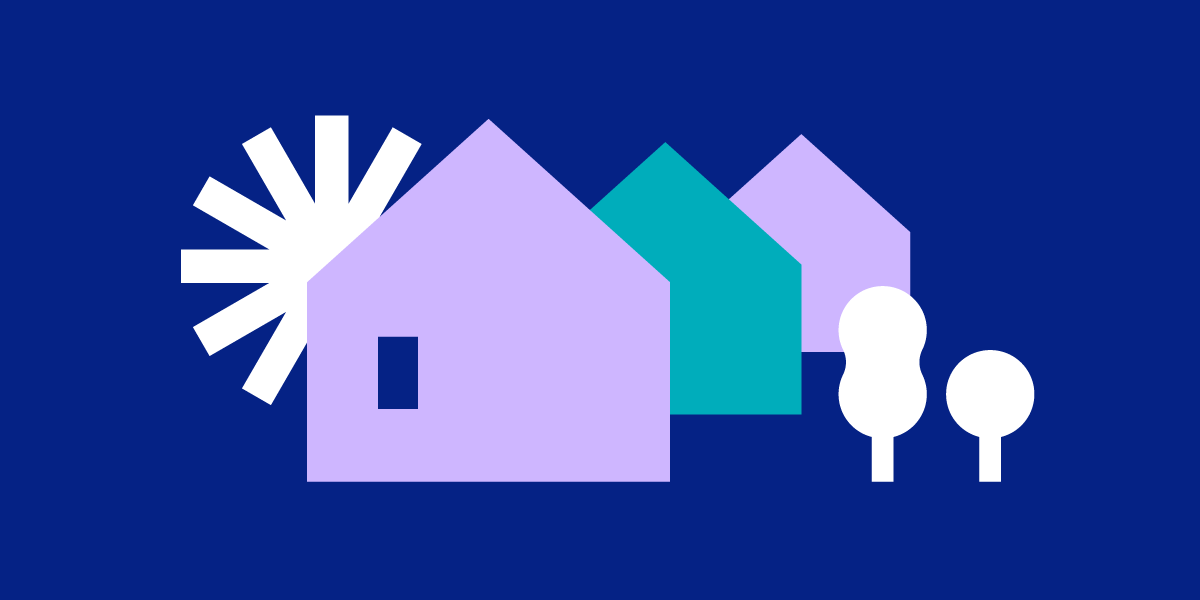One of the twists home buying can throw at you is learning that a house you’re interested in is part of a homeowner’s association, or an HOA. If you haven’t had dealings with an HOA before, you may wonder: What is an HOA, what rules does it set for the neighborhood, and how will it affect you? Also, what are CDD fees? Fortunately, the answers are all pretty simple—and if you do your homework, an HOA can work in your favor.
What is an HOA?
An HOA is the governing body of a subdivision, planned community, or condominium complex. It’s run by a board of volunteers who usually live there. If you find a neighborhood with an HOA and buy a house there, you automatically become a member. That means you’ll owe monthly or yearly payments and will need to follow a set of rules. The HOA’s function is to enforce those rules, which are called Covenants, Conditions, and Restrictions, or CC&Rs.
The HOA is there to protect your property value.
Some HOAs have strict rules, which can make buyers think maybe they should keep house hunting. But the goals of an HOA’s rules are to increase property values and allow all members to enjoy shared amenities. The HOA aims to do that by making sure the neighborhood is a clean, attractive, and safe community. Whether or not those benefits are worth the dues is something you’ll need to assess for yourself, so take a close look at the CC&Rs.
If you vote, you can change the rules.
Homeowners have a say in how the HOA runs. As a member, you can vote for HOA board members who represent your values and priorities. If you’re really feeling motivated, you can run for the board yourself and work to change rules you disagree with. Being an active participant helps make your HOA work better for you.
Know the CC&Rs before you buy.
The key to HOA happiness is to know the rules before you buy. You don’t want to be asking, “What is an HOA?” after you’re living in one. If you’re a dog owner, check out any dog restrictions in the CC&Rs so you don’t have to choose between your home and your dog. If you’re a two-car household, make sure there aren’t limitations on driveway or street parking before you buy a house with a one-car garage. If you break a rule, you may be charged a fine. And if you don’t pay, many HOAs can place a lien on your home, which makes selling it difficult.
Your real estate agent can typically help you to get details on a home’s HOA and CC&Rs before you buy. You can also see the HOA fees on Trulia listings.
Some neighborhoods have CC&Rs but not an HOA.
Even if your potential new neighborhood doesn’t have an active HOA, you should check with the county to see if it has CC&Rs. While an HOA may have disbanded, its CC&Rs could still be on record—and another homeowner may attempt to hold you to them. It’s best to make sure you’re not unwittingly violating any rules.
You can inherit a previous owner’s HOA violations.
Check with the HOA of any home you’re planning to buy to find out if the previous owners were up to date on their HOA fees and if there are any outstanding fines or violations. If you’re inheriting any violations—like a house that’s painted the wrong color—it’s good to know upfront what you need to correct so you don’t get an unpleasant surprise after closing on the house.
You can expect site inspections.
To keep the community safe and looking good, sometimes the HOA or its management company will do site inspections. Some require an interior evaluation—sort of like a home inspection—when you move in to ensure everything is up-to-date. Others will randomly inspect throughout the year, looking for neglected yards and landscaping or anything outside the CC&Rs.
You may need approval to make exterior changes.
Some HOAs have no restrictions on exterior changes like landscaping, renovations, or additions, but others require you to get the HOA board’s approval. If you plan to change anything on the outside of your home—especially if you’re planning to do a DIY home project—you should read the HOA’s guidelines on approvals. Given that a fine or even a lawsuit could result from unapproved changes, this is one case where it’s truly better to get permission than ask forgiveness.
Live in Florida? You may have a CDD instead of an HOA.
If you live in certain communities in Florida, you might be surprised to learn that you owe CDD fees. What are CDD fees? Florida law allows for the creation of Community Development Districts. Like HOAs, CDDs are controlled by a board of homeowners, but the fees they collect go toward big-ticket items normally handled by local government, like waste collection, parks, public transportation, bridges, and other public facilities.
Now that you understand how your HOA plans to protect your home value, it’s time to think about other ways to protect your future home. Check out our guide on homeowners insurance next.



